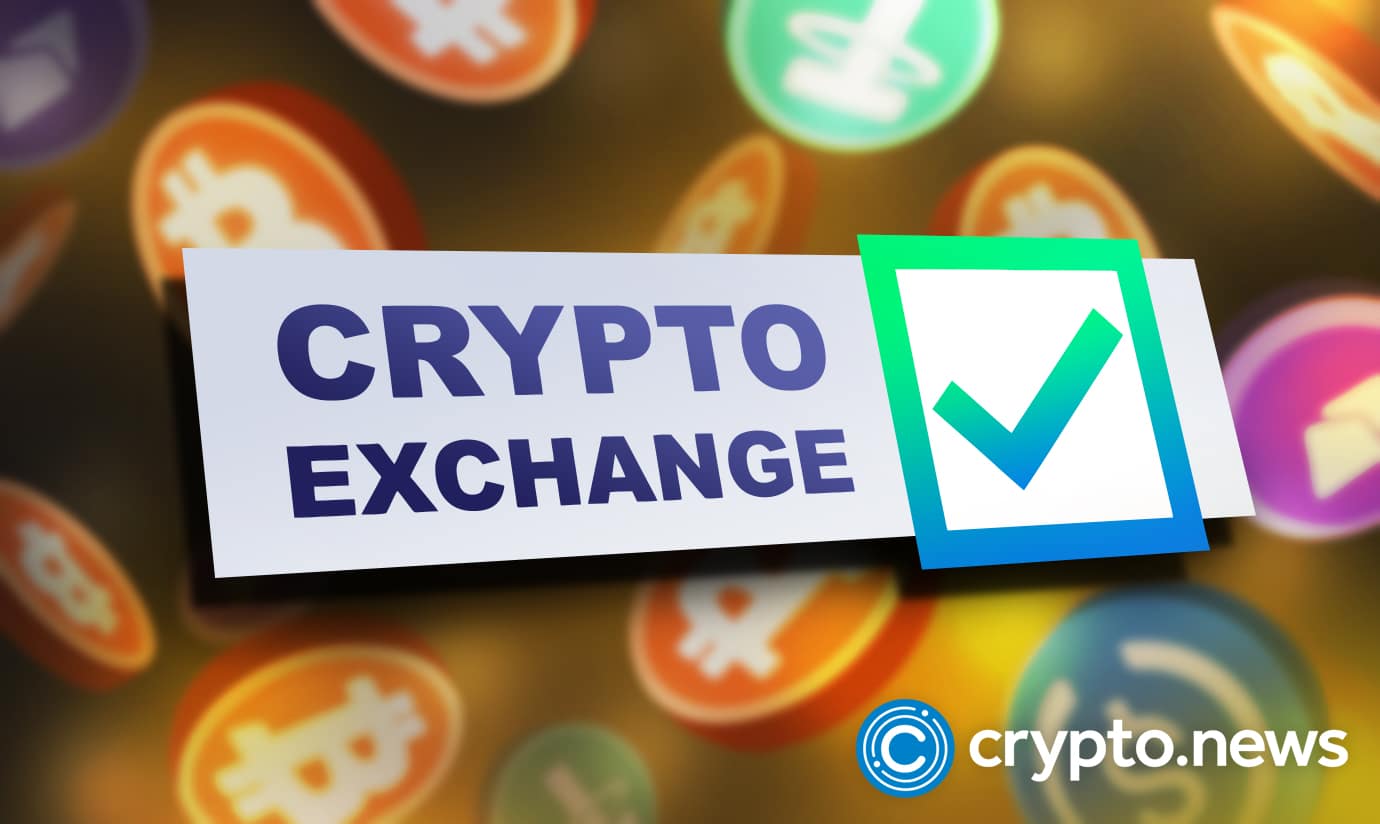2018-11-8 20:20 |
In its attempt to present the ecosystem of crypto exchanges, BitMEX has published in-depth research into how these exchanges work.
According to their recent tweet, various exchanges were evaluated by using different types of metrics, like web traffic, security policies, and more.
In depth report into the crypto exchange ecosystem
The robustness of exchanges are evaluated using metrics such as web traffic, average trade sizes, order book depth, security polices and price reliability
The report was produced by @CryptoComparehttps://t.co/hmNptuThFY pic.twitter.com/JCSnydGckG
— BitMEX Research (@BitMEXResearch) November 6, 2018
The report was made by CryptoCompare, which used Aggregate Pricing Index for large parts of the research.
The ReportTheir analysis starts off by listing some of the most important events and news regarding major cryptocurrency exchanges in October. These are the events that have captured the attention of crypto traders and investors. As such, it is expected that they have had a significant impact on certain exchanges’ data
After that, the report compares volumes of different exchanges — centralized and decentralized. One interesting discovery states that total spot volumes make up less than three-quarters of the total market volume.
Within these spot volumes, exchanges that have taker fees represent around 90% of the volumes, while those with transaction fees represent only 10%. In addition to that, it is stated that exchanges that pair cryptos with fiat currencies are creating nearly a quarter of all spot market volumes.
The report also takes decentralized exchanges into an account. It stated that an average daily trading volume for the top five decentralized exchanges is near $2.4 million, which is only 0.4% of total exchange volume.
When it comes to exchanging Bitcoin for fiat currencies, the report concludes that around half of all fiat trading includes exchanging BTC for USD. In addition to that, around 21% of trading exchanges BTC for JPY, and 16% of trades are exchanging BTC for KRW.
Unsurprisingly, the highest daily trading volume (~$1.4 billion) comes from Malta-based exchanges, followed by those from South Korea, Hong Kong, and other crypto-friendly countries. OKEx and Binance are the dominating Maltese exchanges, while Upbit and Bithumb are the busiest exchanges of South Korea.
After making these conclusions regarding the trading volume data, the report noticed that CoinBene and IDAX have much fewer visitors per day when compared to other exchanges of their size. Binance is the most popular exchange, with highest visitor count, but also highest trading volumes. On the other hand, exchanges like Coinbase, Bittrex, and Cex.io appear to have more visitors per day than other exchanges that have similar volumes.
In addition, it was concluded that exchanges like Bitstamp, ItBit, and Kraken, have more stability than others. Finally, the report touches upon the security of various exchanges, and it states that only 86% of the top 100 cryptocurrency exchanges have a terms & conditions page as well as public privacy policy.
Cold wallets are used by only one-third of top exchanges, while 11% of top 100 have fallen victims to hacking attacks. Finally, the report concludes that less than half of top exchanges have strict KYC requirements, and over one-quarter of them have no such requirements at all.
Featured image from Shutterstock.The post Analysis of the Global Crypto Exchange Market in Infographics appeared first on NewsBTC.
origin »Bitcoin price in Telegram @btc_price_every_hour
Emerald Crypto (EMD) на Currencies.ru
|
|






















